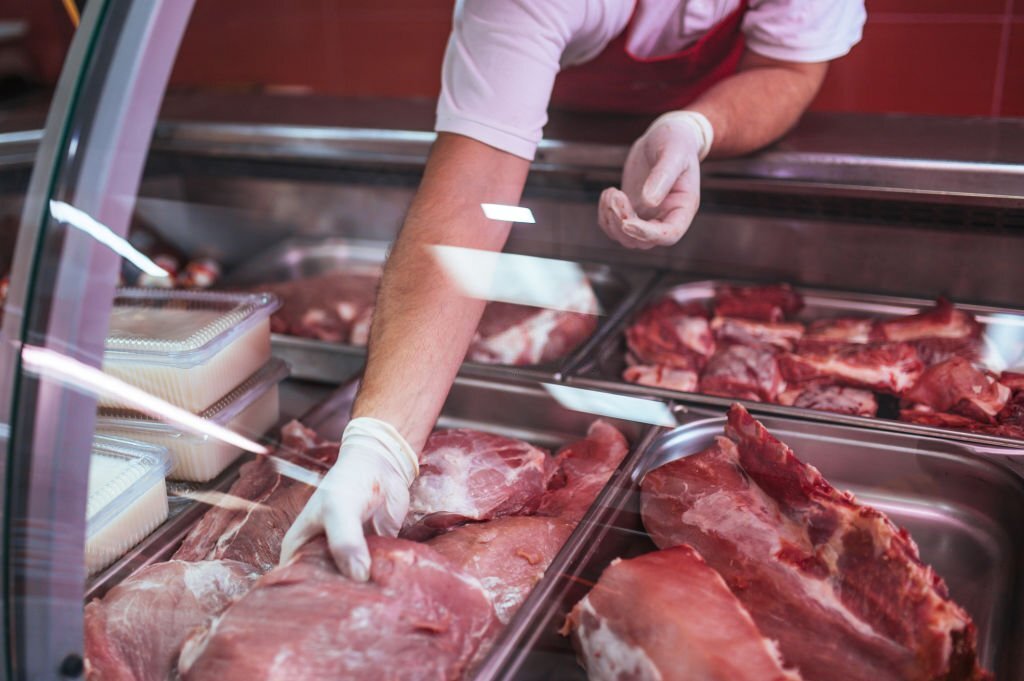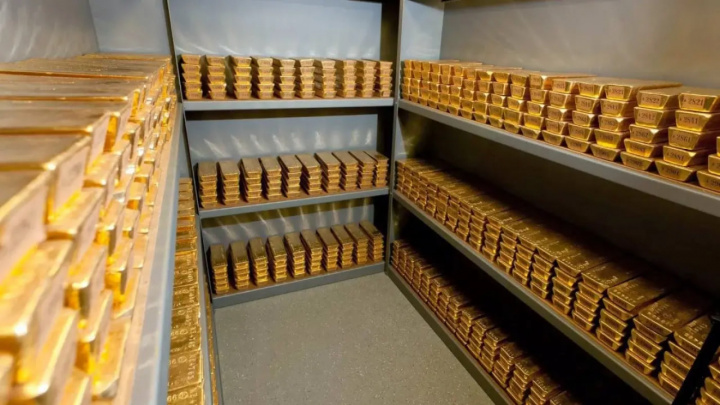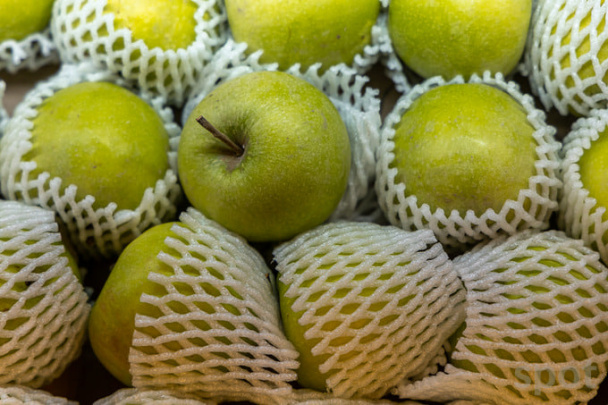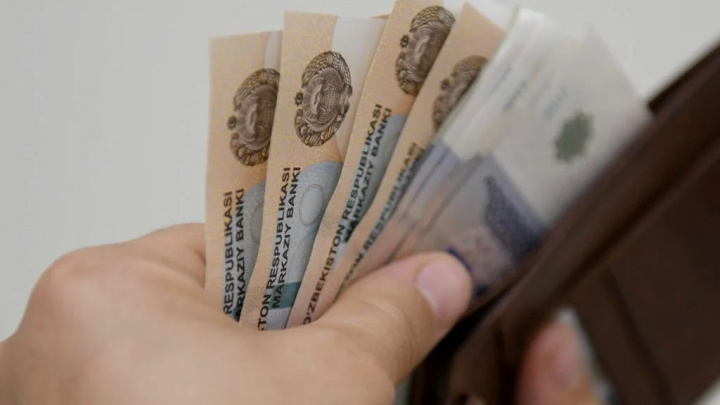Why meat is getting more expensive in Uzbekistan: A look at regional and domestic factors
According to the Central Bank of Uzbekistan, rising import prices and export restrictions in neighboring countries have contributed to the increase in meat prices in Uzbekistan. Specifically, in the first four months of 2025, the average price of 1 kg of imported beef reached $4.07, compared to $3.89 during the same period last year. Additionally, over the past seven months, there has been a sharp rise in the cost of animal feed.

Photo: Getty images
Export restrictions imposed by neighboring countries have also played a significant role in pushing up meat prices, as noted in the Central Bank’s Monetary Policy Review.
“Due to the reduced supply of meat caused by export bans in neighboring states and increased import prices, domestic prices have also risen. In March, meat prices grew by 6.1%, reaching a 21.6% year-on-year increase,” the report states.
Meat imports to Uzbekistan
Data from the Customs Committee show that in January–April 2025, Uzbekistan imported meat products worth $197 million – a 66% increase compared to $118.5 million in the same period last year.
During the reporting period, Uzbekistan imported 38,300 tons of beef valued at $156.2 million. The average price per kilogram was $4.07, up from $3.89 last year.
Sharp rise in feed prices
The Ministry of Agriculture previously identified rising costs of feed, electricity, and fuel and lubricants as key drivers behind the increase in meat prices in the first quarter of 2025.
“There is a high demand for nutrient-rich feed in livestock farming, but due to limited land available for cultivating feed crops, the supply only meets 35–40% of the livestock’s needs. Comparing prices from October 2024 to today: soybean meal has increased from 3,000 UZS to 7,000 UZS; husks from 2,800 UZS to 4,000 UZS; mixed feed from 2,900 UZS to 3,700 UZS; wheat from 2.2 million UZS to 3.5 million UZS; corn silage from 500 UZS to 900–1,000 UZS; straw from 15,000 UZS to 25,000 UZS; and alfalfa from 25,000 UZS to 45,000 UZS,” the ministry explained.
They also emphasized that rising feed costs, wages, and electricity expenses are directly affecting the cost of meat production.
In the past seven months, prices for soybean meal have risen 2.3 times, husks by 43%, mixed feed by 28%, wheat by 59%, corn silage nearly twofold, straw by 67%, and alfalfa by 80%.
Domestic meat production
According to official data, Uzbekistan produced 2.9 million tons of meat (in live weight) in 2024 – an increase of 3.9% compared to 2023. Meat production stood at 2.8 million tons in 2023 and 2.7 million tons in 2022, indicating that most of the meat consumed by the population is produced domestically.
Related News

20:05 / 07.08.2025
Uzbekistan’s gold reserves hit record high as foreign currency holdings shrink

12:47 / 07.08.2025
Uzbekistan becomes June’s largest gold buyer in the world with 9-ton purchase

17:31 / 01.08.2025
Annual inflation slows in Uzbekistan despite utility tariff increases

20:48 / 29.07.2025



